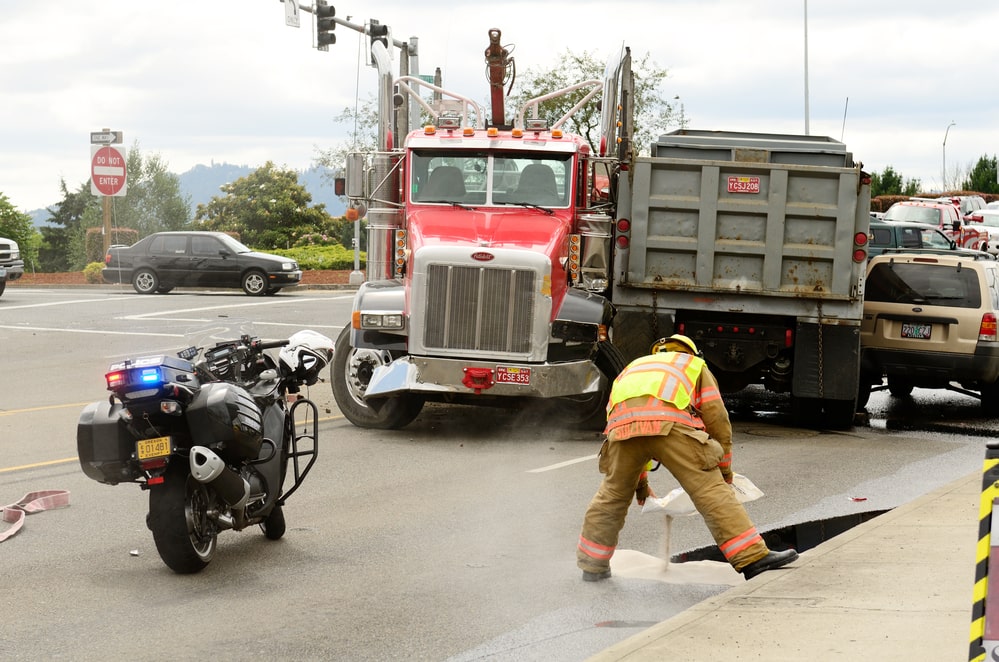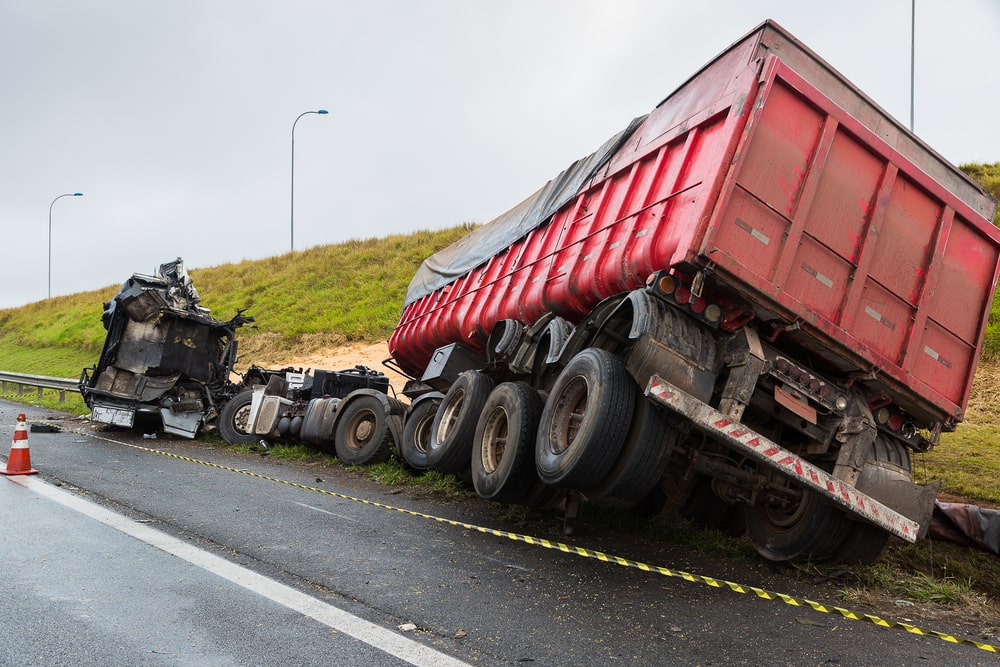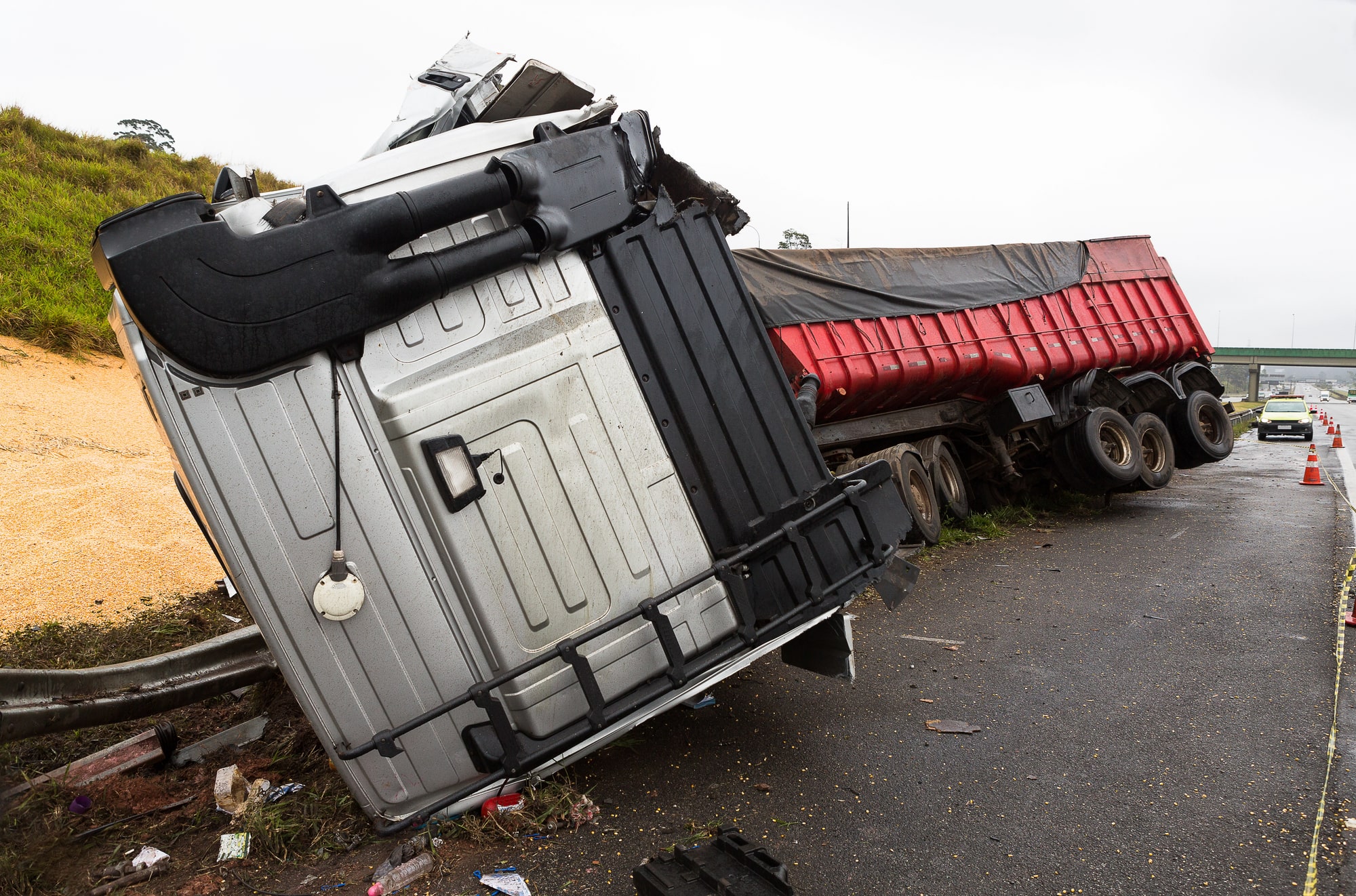Working with our Minneapolis, MN truck accident lawyer team is especially important when crashes involve oversized or overloaded commercial vehicles. Minnesota enforces strict truck weight and load rules to keep the public safe, and when companies violate these limits, the risk of serious collisions rises quickly. At Johnston | Martineau PLLP, we help clients understand how these rules work and how violations may influence injury claims. Our semi-truck lawyer team stays focused on supporting injured individuals throughout the process.
Why Truck Weight And Load Rules Matter
Minnesota’s weight and load regulations are designed to reduce strain on roads, prevent mechanical failures, and lower the chances of rollovers, jackknifes, and brake issues. When a truck carries more weight than allowed, even small roadway hazards become more dangerous. With support from our Minneapolis truck accident attorney team, injured people can better evaluate whether overweight loads contributed to a crash.
Heavier loads affect stopping distance, steering control, and stability. These concerns are especially relevant for victims working with our truck accident lawyers, because weight-related violations can strengthen liability claims.
How Minnesota Checks Truck Weight Compliance
Minnesota law enforcement uses multiple strategies to monitor truck weight. State troopers and commercial vehicle inspectors conduct roadside checks, verify documentation, and use portable scales to evaluate weight distribution. Highway weigh stations also play a key part in enforcement. Trucks may be directed through these stations to check axle weight, gross vehicle weight, and cargo securement.
If officers find weight or load violations, they can issue citations, order cargo to be offloaded, or restrict vehicles from continuing until adjustments are made. These details often become relevant when clients work with our Minneapolis truck accident lawyers, because overweight violations may indicate careless fleet practices.
Load Securement And Cargo Safety Requirements
Beyond weight limits, Minnesota also requires secure and stable cargo. Even if a truck meets legal weight standards, improperly tied or shifting cargo can create serious hazards. Sudden shifts can cause rollovers, sway, or loss of control. Crashes involving shifting cargo often require careful investigation, and our team helps clients gather evidence such as inspection reports, driver logs, and cargo documentation.
These details are valuable when victims rely on support from our big rig lawyers, especially when companies fail to train drivers or maintain proper securement procedures.
How Weight Violations Affect Liability After A Crash
When a truck is overweight or improperly loaded, evidence of these violations can influence how responsibility is determined. Violations may show that the trucking company cut corners, rushed deliveries, or neglected maintenance. Our freight truck lawyers review inspection reports, black-box data, maintenance logs, and weigh-station findings to help clients build a clear picture of what occurred.
Liability may extend beyond the driver. Cargo loaders, fleet managers, and even third-party contractors may share responsibility if their actions contributed to the unsafe truck weight. With guidance from our tractor-trailer lawyers, victims can better identify every party involved.
Contact Our Team Today For Guidance After A Truck Accident
If you or a loved one was injured in a crash involving an overweight or improperly loaded truck, our experienced attorney team can help you move forward. We’ve won millions for our clients, and we’re ready to help you secure compensation for your case, too. There’s a reason we’re sought after by victims of trucking accidents, so don’t wait. Johnston | Martineau PLLP is ready to review what happened, explain your options, and guide you through each step with steady support. And with 24/7 support, we’re always available to discuss your claim. Contact us today to speak with our team about your truck-related injury.





